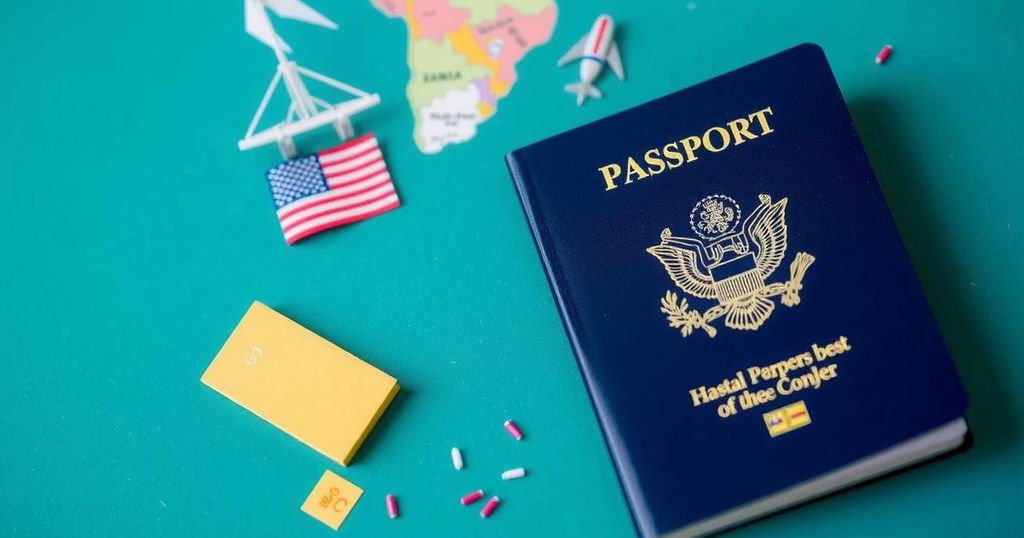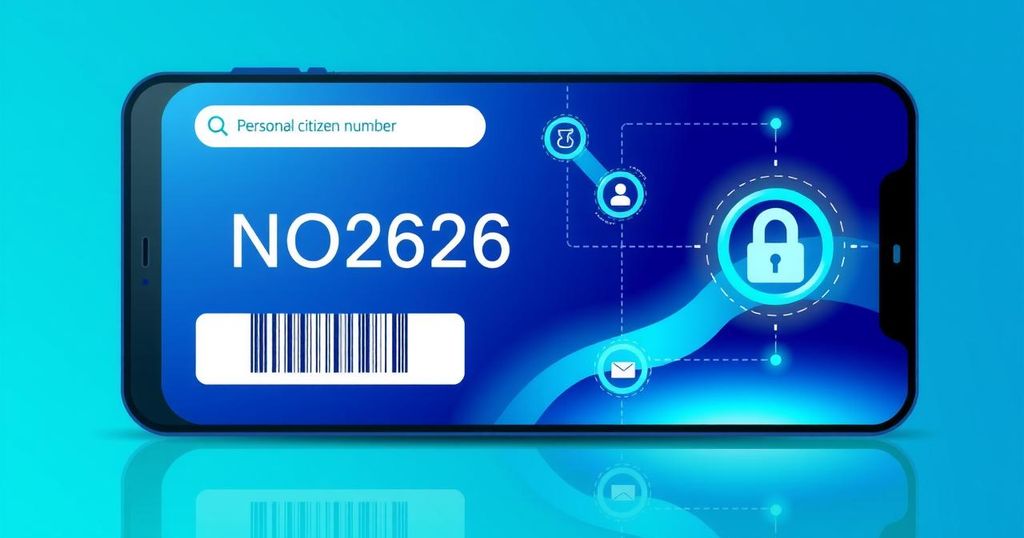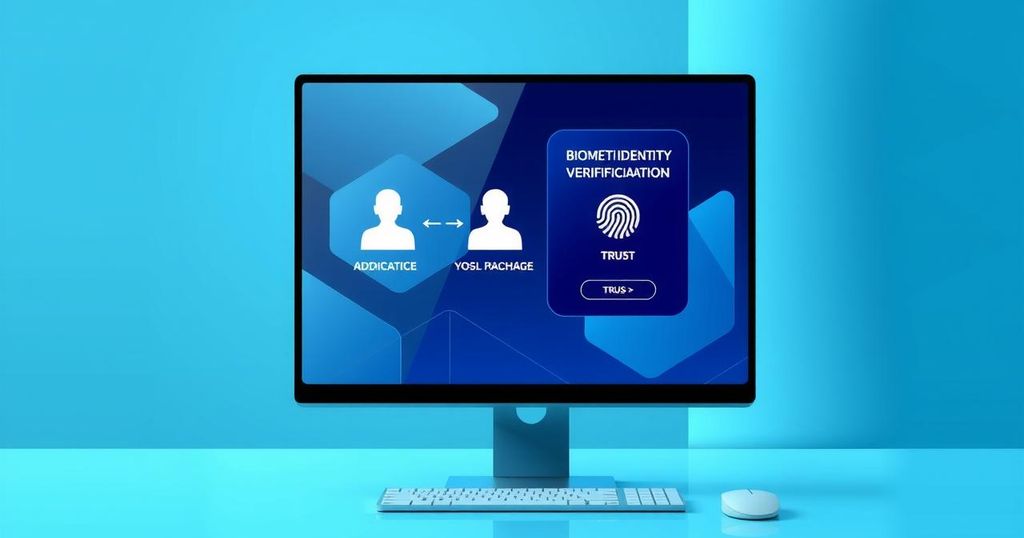Biometric and digital ID technologies are reshaping air travel, particularly appealing to younger generations. The IATA’s 2024 Global Passenger Survey shows that a majority of travelers under 25 prefer digital wallets and biometric systems over traditional travel documentation. While regions like Asia-Pacific lead in adopting these technologies, others, particularly in Europe, remain cautious. National initiatives in countries like Australia and Nigeria signal a move towards digitized travel credentials, but legislative updates are essential for widespread adoption of passport-free travel.
The transition to passport-free travel is becoming more tangible as biometric and digital identity technologies revolutionize air travel. As highlighted in the 2024 Global Passenger Survey by the International Air Transport Association (IATA), travelers, particularly younger generations, are increasingly inclined towards biometric identification methods which enhance speed and convenience during air travel processes. This shift is driven by a desire for digital solutions that not only expedite travel but also address important concerns regarding privacy and data security. More specifically, a noteworthy 51% of travelers under 25 favor digital wallets, with a staggering 90% showing interest in using smartphones equipped with digital credentials for their travel needs. According to IATA senior vice president Nick Careen, modern travelers expect flexibility and efficiency comparable to online shopping experiences, prompting the industry to adapt through initiatives focused on enhancing customer engagement. Notably, under-25 travelers showed a strong preference for biometric alternatives, with 48% indicating they would choose biometrics over traditional travel documents if privacy concerns are adequately addressed. Regionally, Asia-Pacific leads in the adoption of mobile apps and digital wallets, while African nations express growing interest in digitization, despite limited resources. North American travelers report high satisfaction with biometric processes, whereas European travelers tend to be more skeptical about biometric systems. Specific countries like Australia and Nigeria are actively piloting digital travel credential initiatives, with Australia implementing a QR code system for its Incoming Passenger Card.
The emergence of biometric solutions and digital credentials marks a significant evolution in travel protocols. Biometric technology enables a seamless passenger experience, allowing for processes such as identity verification and boarding to occur more efficiently. The digital landscape in travel is also shifting towards increased use of digital wallets and mobile applications, leveraging technology to facilitate smoother booking and payment transactions. As younger, digitally-savvy travelers prioritize efficiency, these technologies are anticipated to become mainstream. The ongoing legislative processes surrounding digital credentials pose challenges to fully realizing passport-free travel, as they must catch up with technological advancements and societal expectations for convenient travel solutions.
The landscape of air travel is rapidly evolving as biometric and digital ID technologies gain traction among travelers. These advancements are particularly favored by younger generations who prioritize speed, convenience, and security in their travel experiences. While regions vary in their adoption of these technologies, the overall trend is towards a future where passport-free travel could soon become a reality. Legislation harmonization is necessary to facilitate this transition, and industry stakeholders are optimistic about the potential of digital travel credentials to enhance the travel experience substantially.
Original Source: www.biometricupdate.com







